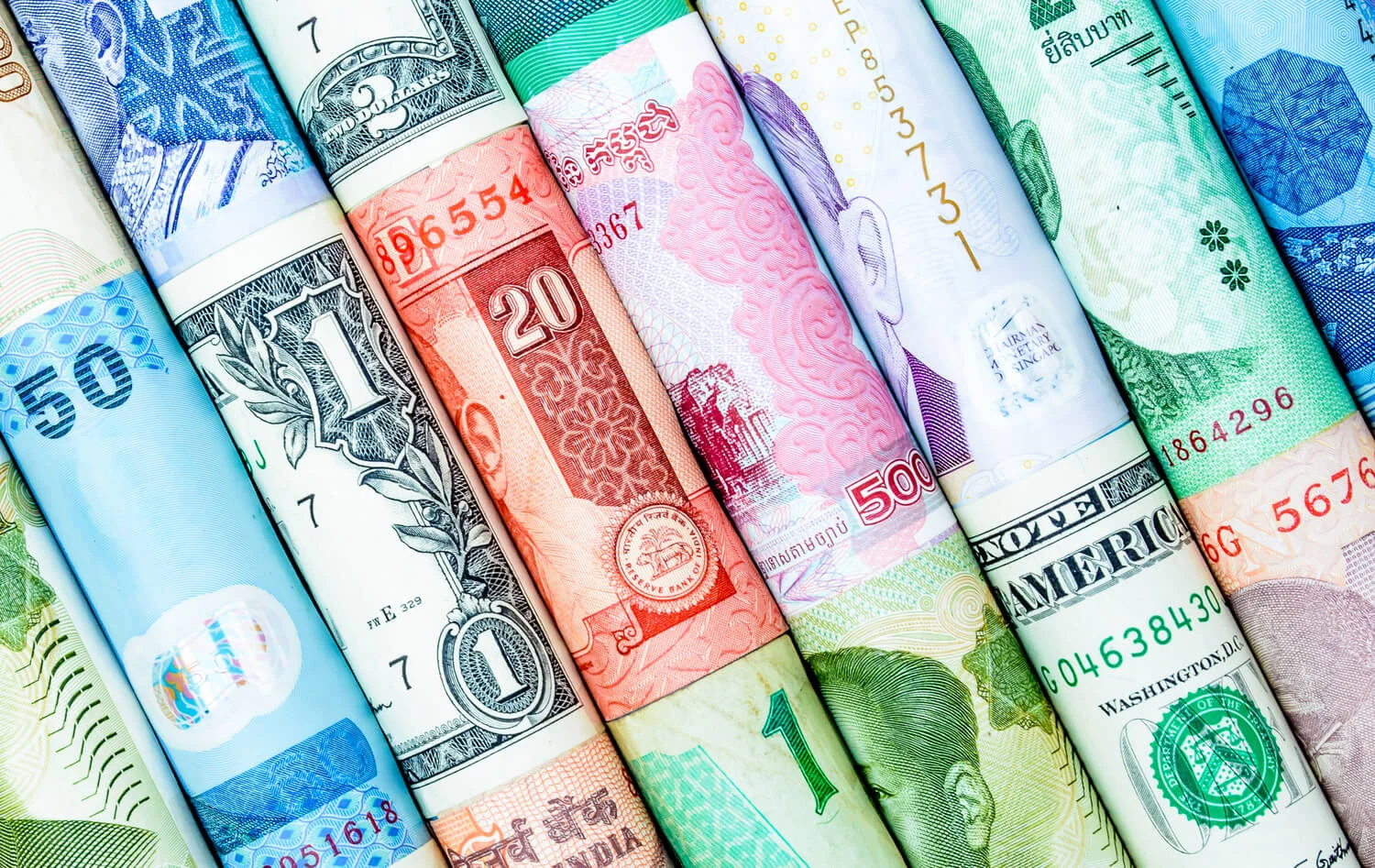The other day, I overheard a woman talking to her friend about an upcoming trip to London, Paris, and Amsterdam. She mentioned that she had gone to her bank and taken out €1500 in cash to bring along! Her friend, wisely, questioned this decision, stating that she should just use a credit card with low or no fees. The traveler was concerned that she would need all of that cash to pay for cabs and dinners.
If I was a bolder person, I would have intervened, but luckily her friend seemed to know what was up. But it got me thinking about all of the tricks I've learned about accessing money overseas. Here's what you need to know:
Have a travel-friendly credit card.
This one will take some research, but it shouldn't be that hard. You want to find out what kind of fees there are for using the card out of country. The best ones, have zero overseas transaction fees. A couple of popular travel cards on the market with zero overseas transaction fees include Chase Sapphire and Capital One Venture Rewards.
Get to know your debit card.
There are a few things you need to know about your debit card before you travel with it. You need to know what the ATM fees are, specifically if you are using an ATM that is not with the same bank as your card. While each ATM may charge a small usage fee, what you don't want is to also pay your bank a fee each time you withdrawal cash. Most credit unions have lower or nonexistent fees, and these banks offer no fees: Charles Schwab and Capital One 360.
You also want to make sure you know your daily credit limit, and figure that limit out in your new currency (XE is a helpful app if you don't have internet). If your limit seems too low for you, most banks will allow you to increase it during travel.
Prioritize the card that works to your advantage.
In my case, my credit card works out in my favor over ATMs because I have zero overseas transaction fees, it's easier, and I earn points when I spend (extra points with travel expenses). So I use my credit card whenever possible, and just keep about $200 worth of cash on me just in case. You never know when some little restaurant only takes cash, so it's best to keep a little in your wallet.
However, if your credit card has fees, paying with cash could be your best deal. You really have to know what your banks are charging you to know how to prioritize.
In special cases, find a bank to order you some cash ahead of time.
Most of the time, I recommend just using the ATM at the airport when you arrive (NOT the exchange counter with fees). There are some occasions, however, when you need a bunch of cash on your day of arrival. I once had to pay the full week's rent of an apartment in cash on arrival. The rent was more than my ATM daily limit, so I couldn't just take out cash at the airport. Some banks let you walk in or order currency online, but you will pay a fee.
Don't forget to call your banks to alert them of your travel dates!
This is a big one. The last thing that you need when you arrive in a new country is to have all of your money blocked for fraud alert. Banks and credit cards are alarmed when they see your card being used in another country, so you need to call them ahead of time to submit your dates and destinations of travel. Some banks even have a way to do this online. One time, I submitted my travel, but still got blocked, so now I call again to confirm the day before my departure just to be sure.
Do you have more questions about accessing your money overseas? Contact me here.




